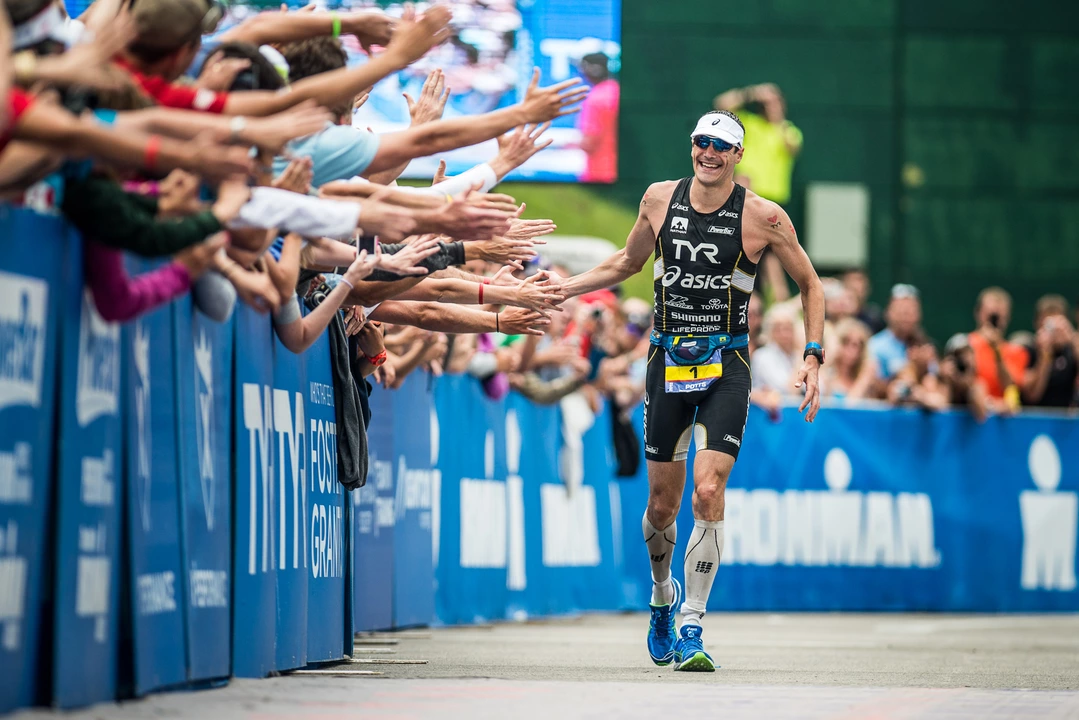Sports and Recreation: Your Go‑to Hub for Active Living
When talking about Sports and Recreation, the umbrella term that covers any organized physical activity or leisure pursuit designed to improve health, entertain, or foster competition. Also known as active lifestyle, it blends the drive of sport, structured contests with rules, teams or individuals, and the joy of recreation, casual, un‑structured play that relieves stress and builds community. The mix of competition, formal contests that push participants to improve and fitness, physical conditioning that underpins performance and health creates a powerful ecosystem. In short, Sports and Recreation encompasses both serious athletic pursuits and light‑hearted play, requires skill, training, and the right mindset, and influences overall wellbeing.
How Sport, Recreation, Competition and Fitness Interact
Think of sport as the structured side of the equation. It relies on specific rules, measurable outcomes, and often a ladder of leagues or tournaments. Because sport demands skill development, athletes spend hours on fitness routines—strength, endurance, flexibility—to meet the physical thresholds of their game. Recreation, on the other hand, drops the strict rules. It lets you paddle a kayak, join a casual pick‑up basketball game, or simply jog in the park for the sheer pleasure of moving. This casual side feeds mental health, builds social bonds, and often serves as a low‑pressure entry point to formal sport. Competition stitches the two together; whether you’re vying for a trophy in a league or just trying to beat your own time, the competitive spark drives improvement, encourages regular training, and makes both sport and recreation more engaging. Each entity pulls the others forward: fitness fuels sport performance, recreation sustains motivation, and competition sharpens skill.
Our collection below reflects that blend. You’ll find deep dives into the strategy of niche sports, practical tips for turning a weekend hobby into a fitness booster, and discussions on how competition can be a healthy catalyst rather than a stressor. Whether you’re a beginner curious about getting off the couch, an intermediate athlete seeking a new challenge, or a seasoned competitor hunting fresh tactics, the posts under the Sports and Recreation banner give you concise, actionable insight. Let’s jump in and see how these ideas play out across the articles ahead.
What would be the easiest sport to be the world champion in?
In my quest to find the easiest sport to become a world champion in, several factors come into play, such as accessibility, competition level, and skill requirements. While no sport is truly "easy" to master, some may offer a quicker path to the top. Based on my research, I believe curling could potentially be the easiest sport to excel in, due to its strategic nature and relatively low physical demands compared to other sports. However, it's important to remember that dedication and practice are still essential to achieving success in any sport. Ultimately, the easiest sport for someone to become a world champion in may vary depending on individual strengths and interests.
